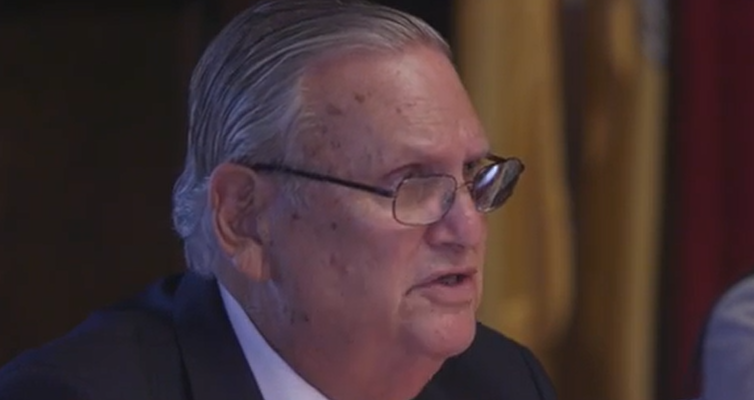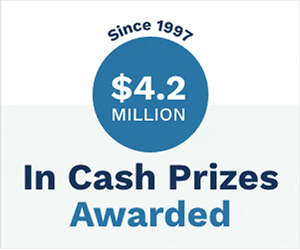Caputo Bill Establishing Penalties on Sports Books for Accepting Wagers on Prohibited Sporting Events Clears Assembly Panel

Caputo Bill Establishing Penalties on Sports Books for Accepting Wagers on Prohibited Sporting Events Clears Assembly Panel
(TRENTON) – Seeking to officially codify penalties for holders of sports wagering licenses in order to better regulate one of New Jersey’s fast-booming industries, Assemblyman Ralph Caputo sponsored legislation establishing legal repercussions for breaking the state’s sports wagering law. The bill passed the Assembly Gaming, Tourism and the Arts Committee Thursday.
“We must provide the proper and necessary oversight to ensure that our state’s holders of sports wagering licenses abide by the laws set forth,” said Caputo (D-Essex). “We want New Jersey’s sports and race gaming industry to succeed, and in order for us to do this, we must guarantee that everyone plays fairly by the rules, and that if people break those rules, they are punished accordingly.”
The bill (A-4947) requires the Division of Gaming Enforcement or the New Jersey Racing Commission, as appropriate, to impose the following penalties on the offending holder of a sports wagering license or the operator of a sports pool:
· Payment of an amount equal to all wagers improperly accepted on the prohibited event;
· Payment of not less than $20,000 and not more than $100,000; and
· Suspension of the licensee or operator from the conduct of sports wagering for a period no longer than ten days.
The bill comes in response to an incident in September 2018, where Golden Nugget and Caesars Entertainment Corporation were penalized by the New Jersey Division of Gaming Enforcement a fine of $2,000 for accepting bets on a Rutgers Scarlet Knights football game, which is prohibited under the state’s sports wagering law. The intent of this legislation is to codify penalties for infractions of New Jersey’s sports wagering law and to ensure that stiffer penalties are handed out in the future.
Other states, such as Nevada, have set a precedent for significantly higher fines for casinos that violate the law.
The bill now heads to the Speaker for further consideration.









